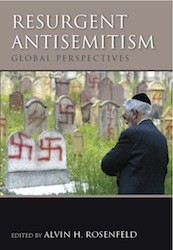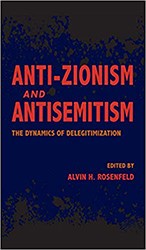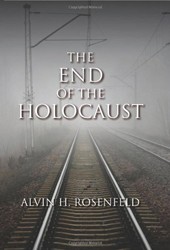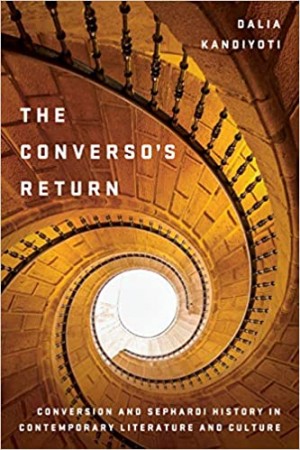Exile, that characteristic and enduring feature of the Jewish experience, became especially harrowing in the last century as Jews fled the lethal persecution of Nazis, Stalinists, and Communists. This engrossing volume brings evocative personal accounts of displacement — physical, emotional, and particularly linguistic — by contemporary writers like Norman Manea, Lara Vapnyar, and Geoffrey Hartman. Taking his language with him, Manea still writes in Romanian while living in New York. Henryk Greenberg feels a different kind of isolation: “I write Polish as very few of today’s Jews can, and I write ‘Jewish’ as few very of today’s Poles can.”
Strikingly, these authors’ sense of being Jewish comes from anti-Semitic persecution rather than a connection with Jews or Judaism: as a circumstance more than an identity. Manea, consciously or not, ends his essay with a reference to the New Testament. For three Russian writers, the critic Morris Dickstein remarks, “their residual Jewishness was often represented by little more than a stray grandparent, a figure in the background.” These may be Jewish exiles, but they feel much more deeply connected to their birthplaces than to their religion. And that reflects a historic shift in identity widely shared among contemporary Jews, not just writers.
Bob Goldfarb is President Emeritus of Jewish Creativity International.





